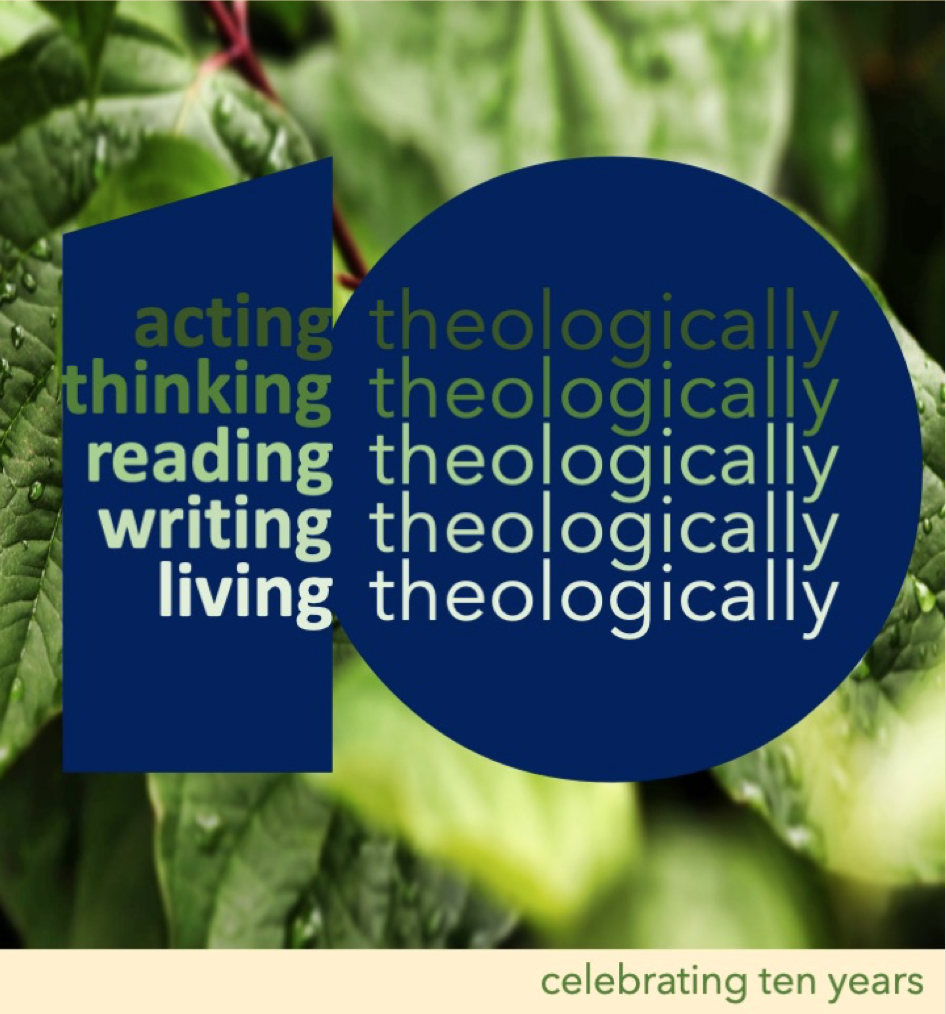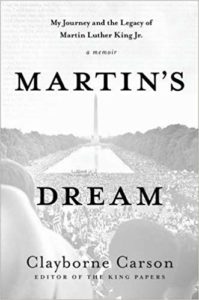Bediako, Barth, and the Future of Theological Reflection
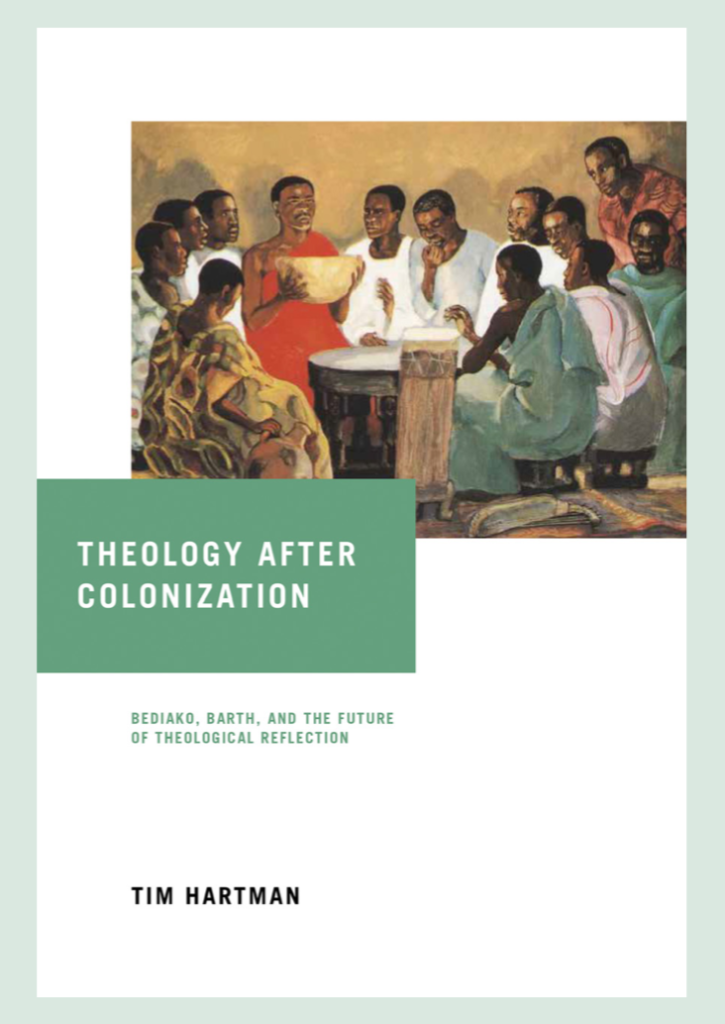 Tim Hartman’s Theology after Colonization (Notre Dame Press, 2019) uses a comparative approach to examine two theologians, one from Europe and one from Africa, to gain insight into our contemporary theological situation. Hartman examines how the loss of cultural hegemony through rising pluralism and secularization has undermined the interconnection of the Christian faith with political power and how globalization undermined the expansive mindset of colonialization. Hartman engages Swiss-German theologian Karl Barth, whose work responded to the challenges of Christendom and the increasing secularization of Europe by articulating an early post-Christendom theology based on God’s self-revelation in Jesus Christ, not on official institutional structures or societal consensus. In a similar way, Ghanaian theologian Kwame Bediako offered a post-colonial theology. He wrote from the perspective of the global South while the Christian faith was growing exponentially following the departure of Western missionaries from Africa. For Bediako, the infinite translatability of the gospel of Jesus Christ leads to the renewal of Christianity as a non-Western religion, not a product of colonialization.
Tim Hartman’s Theology after Colonization (Notre Dame Press, 2019) uses a comparative approach to examine two theologians, one from Europe and one from Africa, to gain insight into our contemporary theological situation. Hartman examines how the loss of cultural hegemony through rising pluralism and secularization has undermined the interconnection of the Christian faith with political power and how globalization undermined the expansive mindset of colonialization. Hartman engages Swiss-German theologian Karl Barth, whose work responded to the challenges of Christendom and the increasing secularization of Europe by articulating an early post-Christendom theology based on God’s self-revelation in Jesus Christ, not on official institutional structures or societal consensus. In a similar way, Ghanaian theologian Kwame Bediako offered a post-colonial theology. He wrote from the perspective of the global South while the Christian faith was growing exponentially following the departure of Western missionaries from Africa. For Bediako, the infinite translatability of the gospel of Jesus Christ leads to the renewal of Christianity as a non-Western religion, not a product of colonialization.
Many Western theologies find themselves unable to respond to increasing secularization and intensifying globalization because they are based on the very assumptions of uniformity and parochialism that are being challenged. Hartman claims Bediako and Barth can serve as helpful guides for contemporary theological reflection as the consensus surrounding this theological complex disintegrates further. Collectively, their work points the way toward contemporary theological reflection that is Christological, contextual, cultural, constructive, and collaborative.
“Tim Hartman presents one of the strongest texts, from the perspective of Western theology, that argues for the wider world appeal of contextual African theology; one of the best and perhaps the only courageous proposition I have ever read that presents Karl Barth as a contextual Western (Swiss) theologian without diminishing Barth’s influence.”
—Elochukwu Uzukwu, Duquesne University
“This is the first significant comparison of Kwame Bediako and Karl Barth and one of the few treatments of Bediako. Tim Hartman’s volume is very rare in the fields of theology and mission studies”
—Willie Jennings, Yale Divinity School
Fellow travelers are scholars, activists, and practitioners that embody the ideals and commitments of the Project on Lived Theology. We admire their work and are grateful to be walking alongside them in the development and dissemination of Lived Theology.

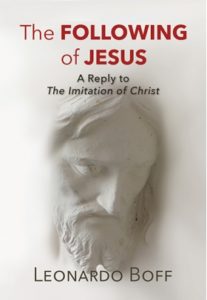
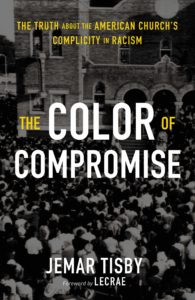 The Truth about the American Church’s Complicity in Racism
The Truth about the American Church’s Complicity in Racism